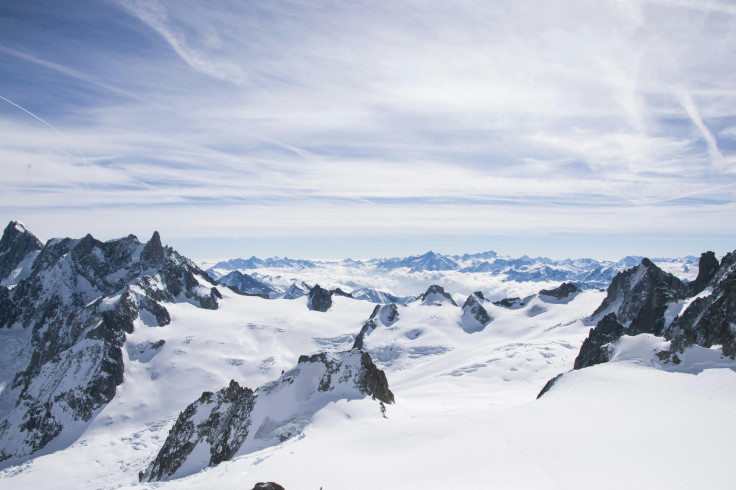
More than 200 Russian tourists were the first to vacation in North Korea on "luxury" ski holidays since the world's most isolated country closed its borders at the start of the pandemic.
Russian visitors on three tightly controlled tours described by the Russian embassy as "Pyongyang opens its doors" were escorted by government "minders."
Professor Mark Galeotti is from the University College of London's School of Slavonic and East European Studies.
He says many Russian tourists were taken aback by how dictatorial the country was.
"The degree to which they were carefully sort of chaperoned when they were in Pyongyang and the extent to which this was a whole, whatever you may think of Russia and its' authoritarianism, North Korea offered an experience an order of magnitude more totalitarian than that."
Despite their surprise at the level of state control, Professor Galeotti said the visitors remarked on the mountains' extraordinary beauty.
Russia's exclusive entry into the pariah state reflects the growing closeness of the two countries, sparked by Russia's invasion of Ukraine.
North Korea has become Russia's largest supplier of weapons, shipping artillery shells and missiles.
Professor Galeotti says the relationship is "very pragmatic, it's very cynical, it's very transactional."
Professor Galeoitti says Putin is desperate for artillery ammunition to fuel the war in Ukraine, and North Korea has an oversupply of artillery ammunition.
"In return (Russia) is paying the North Koreans particularly with wheat that they desperately need because North Korea is starving but also with military technologies."
"Under normal circumstances, the Russians would rather not deal with North Koreans, but under these circumstances, they're happy to make these deals, and given that they share a border, it's a lot easier for them to trade without worrying about sanctions."
Russia is sending North Korea supplies it needs, abdicating against international sanctions imposed on the country.
While the authoritarian state has never been able to produce enough food to sustain its 26 million people adequately, border closures imposed during the COVID-19 pandemic resulted in severe food shortages.
In 2020, it shut down China's grain, fertiliser, and machinery imports.
Chinese visitors were North Korea's largest tourism market pre-pandemic. Seoul-based NK News estimated it gave the impoverished nation up to $175 million in 2019.
Professor Galeotti says opening the country to Russian visitors was designed to fix the loss tourism money.
"This was rather a bizarre notion that actually, very well-heeled Russian tourists were the answer....quite frankly, most of the people that went on it came back distinctly unimpressed. But I think it gives a sense of how North Korea is just simply looking for any kind of new income and how Russia was willing to indulge it."
"One has to recognise how astonishingly poor North Korea is largely because of the mismanagement of corruption of the regime."
Russian tourist agencies advertised the first group tours in January at $750 USD (£600). The tour covered a round-trip airfare to Pyongyang from Vladivostok, two hours each way.
Also included was a domestic flight to the ski resort on North Korea's eastern coast, as well as hotel accommodation and food.
Visitors paid for other expenses, including a $40 daily ski pass, souvenirs and alcohol.
The generated tourism income goes towards financing the regime of dictator Kim Jong Un.
Professor Galeotti says given the trip's failure to impress many of its visitors it doesn't believe it will only continue in its current arrangement for much longer.
"Given the lukewarm response to the trip, there's no sense that it will become anything other than a one-foot dipping in the water."
So far, another Russian ski trip to North Korea has been announced for March 2024.







